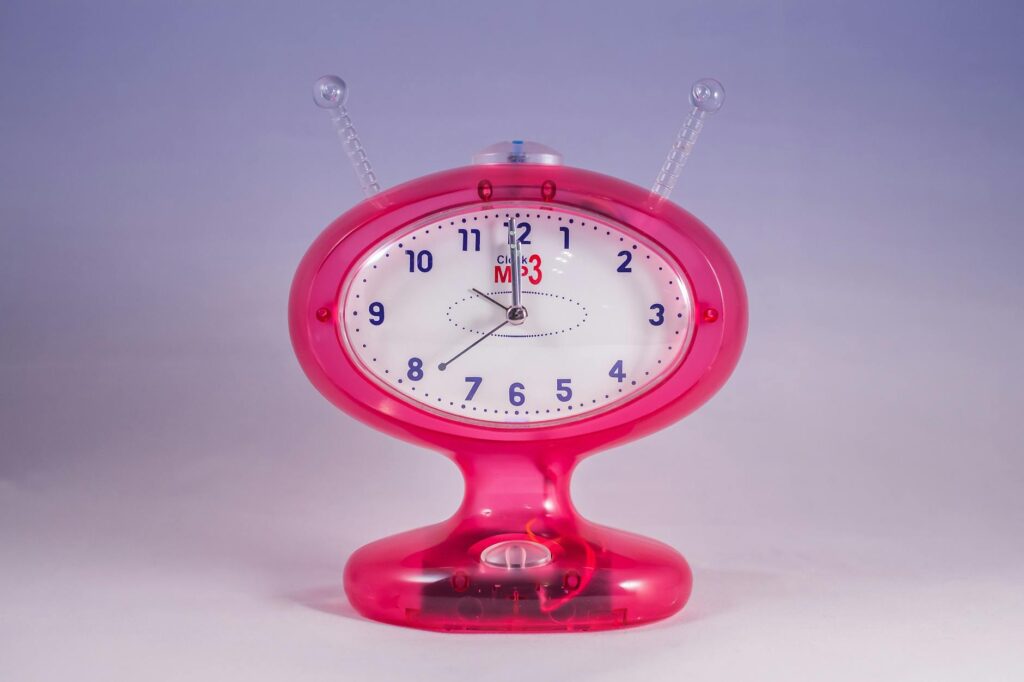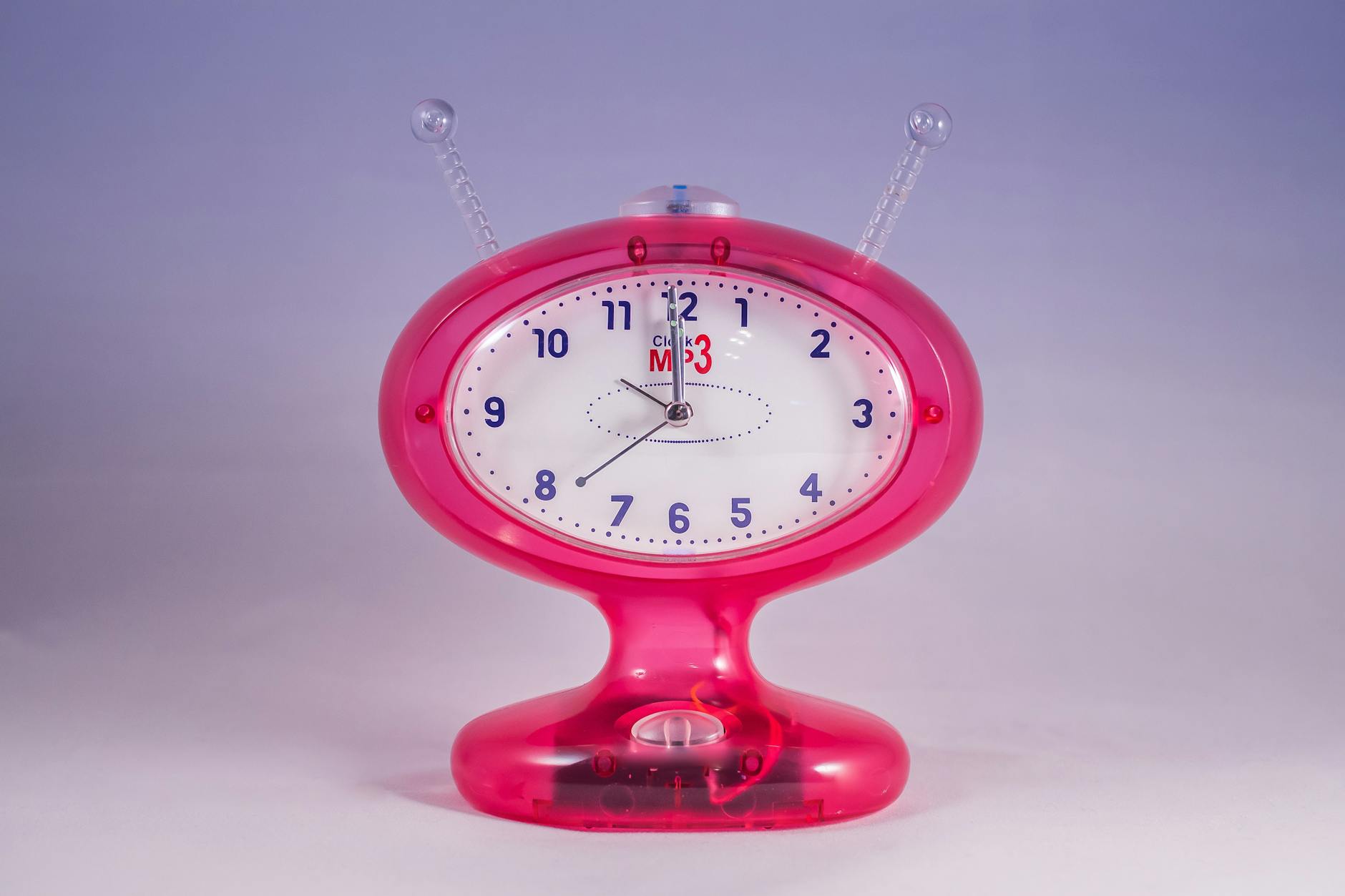What is timer?

What is timer?
Timers play a crucial role in our daily lives, serving as essential tools for productivity and effective time management. Whether you’re studying for an exam, cooking dinner, or managing your work tasks, understanding how timers function can significantly enhance your focus and efficiency.
Understanding the Concept of a Timer
A timer is fundamentally a device that tracks time intervals. It can be as simple as a kitchen timer that counts down for your baking or as complex as a software application that schedules your work sessions. The primary purpose of a timer is to give you a clear boundary of time, helping you stay on task and avoid distractions.
What is a Timer?
A timer is defined as a device that measures or indicates time. It can signal when a specific duration has passed or control the operation of devices at predetermined times. Timers can be mechanical, digital, or part of a more complex system, depending on their intended use. For a more in-depth understanding, you can check out the Merriam-Webster definition of a timer.
Types of Timers
Timers come in various forms, each designed for specific functions. Here are some common types:
- Mechanical Timers: These are traditional timers that you set manually. They often have a winding mechanism and can be found in kitchens as egg timers.
- Digital Timers: With the rise of technology, digital timers have become popular. They often feature programmable settings and can be found in apps or standalone devices.
- Countdown Timers: These timers count down from a specific time, primarily used in cooking or workout sessions.
- Interval Timers: Designed for specific activities, interval timers are great for workouts or tasks that require alternating work and rest periods. For a detailed exploration of timer types, consider visiting the Wikipedia page on timers.
The Benefits of Using a Timer for Productivity
Using a timer can transform your approach to tasks and enhance your productivity significantly. Here are some benefits worth considering:
Enhanced Focus and Concentration
Have you ever found yourself drifting away from your work? Timers can help combat that. By setting a specific time to focus on a task, you limit distractions. The ticking sound of the timer can serve as a reminder to stay on track. The pressure of a countdown creates a sense of urgency, making it easier to concentrate.
Effective Time Management Techniques
Timers can be integral to popular productivity techniques, such as the Pomodoro Technique. This method involves working for 25 minutes, then taking a five-minute break. This structured approach not only optimizes your focus but also allows for much-needed rest, preventing burnout. If you’re looking to harness the power of timers for productivity, Ink and Volt has some insightful tips.
Tracking Progress and Accountability
Timers can also help you monitor your progress. They hold you accountable to your goals. When you see how much time you’ve spent on a task, it can motivate you to stay committed. You may find yourself more inclined to complete tasks promptly when you know there’s a deadline looming.
Choosing the Right Timer for Your Needs
With so many options available, choosing the right timer can feel overwhelming. Here are some tips to guide your selection:
Digital vs Mechanical Timers
Digital timers often come with features like programming capabilities and preset intervals, making them versatile for various tasks. However, mechanical timers can be more straightforward to use and don’t require batteries. The choice between digital and mechanical should depend on your specific needs. Ask yourself: Do you value simplicity, or do you prefer advanced features?
Mobile Apps and Desktop Tools
There are numerous timer applications designed to boost productivity. Apps like Forest or Toggl can help you keep track of your tasks visually. If you prefer a desktop solution, tools like Focus@Will provide a structured environment for work sessions. For more ideas on popular timer applications, check out this helpful resource.
Incorporating Timer Use into Daily Routines
Integrating timers into your daily workflow can bring structure and efficiency. Here are a few strategies to consider:
Setting Realistic Goals with Timers
When planning your day, set achievable goals and use a timer to keep track. Breaking tasks into smaller segments allows you to manage your time better while ensuring that you don’t feel overwhelmed. Setting a timer can provide a clear endpoint, making daunting tasks less intimidating.
Creating a Timer-Based Routine
Establishing a routine using timers can help form productive habits. Start by designating specific times for your tasks and using a timer to signal when to start and stop. For instance, you could dedicate 30 minutes in the morning for reading or planning your day. Over time, this routine will help instill habits that promote efficiency.

Photo by Brett Sayles
Conclusion
Timers are powerful tools that significantly enhance productivity, time management, and personal development. By understanding the various types of timers and how to incorporate them into your daily routine, you can make strides in your focus and efficiency. Ultimately, embracing the use of a timer can transform not only how you work but also how you accomplish your goals. So why not start using a timer today and see the difference it makes in your productivity?